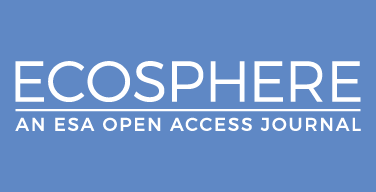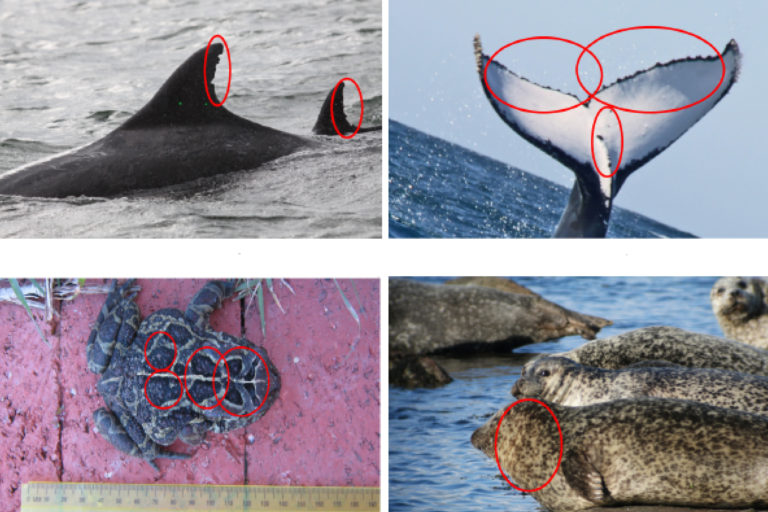
Fatunsin Selected for Science Policy Training for Ecological Advocacy
Alabama A&M Ph.D. student Olufemi Fatunsin earns the 2025 Ecological Society of America Policy Award.

Alabama A&M Ph.D. student Olufemi Fatunsin earns the 2025 Ecological Society of America Policy Award.

A new study confirms local origins of young Chinook salmon in California’s restored Putah creek for the first time.

New study finds Phyllaplysia taylori is an outsize climate-resilient ally for coastal ecosystems.

The award provides graduate students with science policy training and the opportunity to meet with congressional policymakers on Capitol Hill.

How beetles make wood more burnable, the impact of nighttime illumination on animals and more from ESA’s journals.

New research from Japan’s Mt. Norikura shows that birds breeding at high elevations rely on insects that originate downslope.

Poking holes in the “tens rule” of invasion ecology, the use of artificial intelligence to identify individual animals and more from ESA’s journals.

White House Office of Science and Technology Policy Representatives, Federal Agency Representatives and Authors join ESA at its Annual Meeting in Long Beach, Calif., to discuss the state of nature in the US.

Symposia will be a focal point of ESA’s upcoming Annual Meeting in Long Beach, California, Aug. 4-9, offering new insights on nature-based solutions, conserving soil biodiversity, harnessing AI for ecology and much more.

A new study examines how multiple species of bumblebee can coexist despite using the same floral resources.

Van Bael will assume editorial leadership and oversight for the journal, which publishes research over a broad range of focal areas – ranging from agroecosystem ecology and disease ecology to eco-education, statistical theory and methodology.

Researchers are increasingly turning to citizen scientists for data collection on bird-window collisions because in the US alone, it is the cause of hundreds of millions bird deaths each year.

After a competitive search, the Ecological Society of America is pleased to announce the appointment of Scott L. Collins as the new editor-in-chief of its journal Frontiers in Ecology and the Environment. In his new role, Collins will lead Frontiers in publishing ecological and environmental research that is timely, clearly written and relevant to all users of ecological science, including policy makers, resource managers and educators.

(July 18, 2023) – Wildlife ecology and conservation will feature prominently at ESA’s Annual Meeting in Portland, Ore., Aug. 6-11, with sessions on animal behavior, habitat restoration, pest management, natural history, and more.

The Ecological Society of America is pleased to announce its 2023 Fellows. The Society’s fellowship program recognizes the many ways in which its members contribute to ecological research, communication, education, management and policy.

(July 21, 2022) – ESA will present its 15th annual Regional Policy Award to the Honorable Rosa Galvez, an independent Senator for Quebec, on Sunday, Aug 14, 5:00pm EDT, during the ESA Annual Meeting Opening Plenary.

A UC Santa Barbara forest scientist has been selected as an early career fellow of the Ecological Society of America for her work elucidating how sylvan ecosystems respond to climate change.

(January 13, 2022) – A wayfaring Arctic hare, eBird during COVID-19, and more in the latest research from the ESA journals.

(October 28, 2021) – The Ecological Society of America is pleased to announce the recipients of the first cohort of the ESA Excellence in Ecology (EEE) Scholars: Dr. Na’Taki Osborne Jelks, Dr. Theresa Wei Ying Ong, Dr. Adriana Lucia Romero-Olivares, and Dr. Erika S. Zavaleta.

A UC Davis team collected post-fire recovery data to develop a unique tool to better understand where to focus forest regeneration efforts.